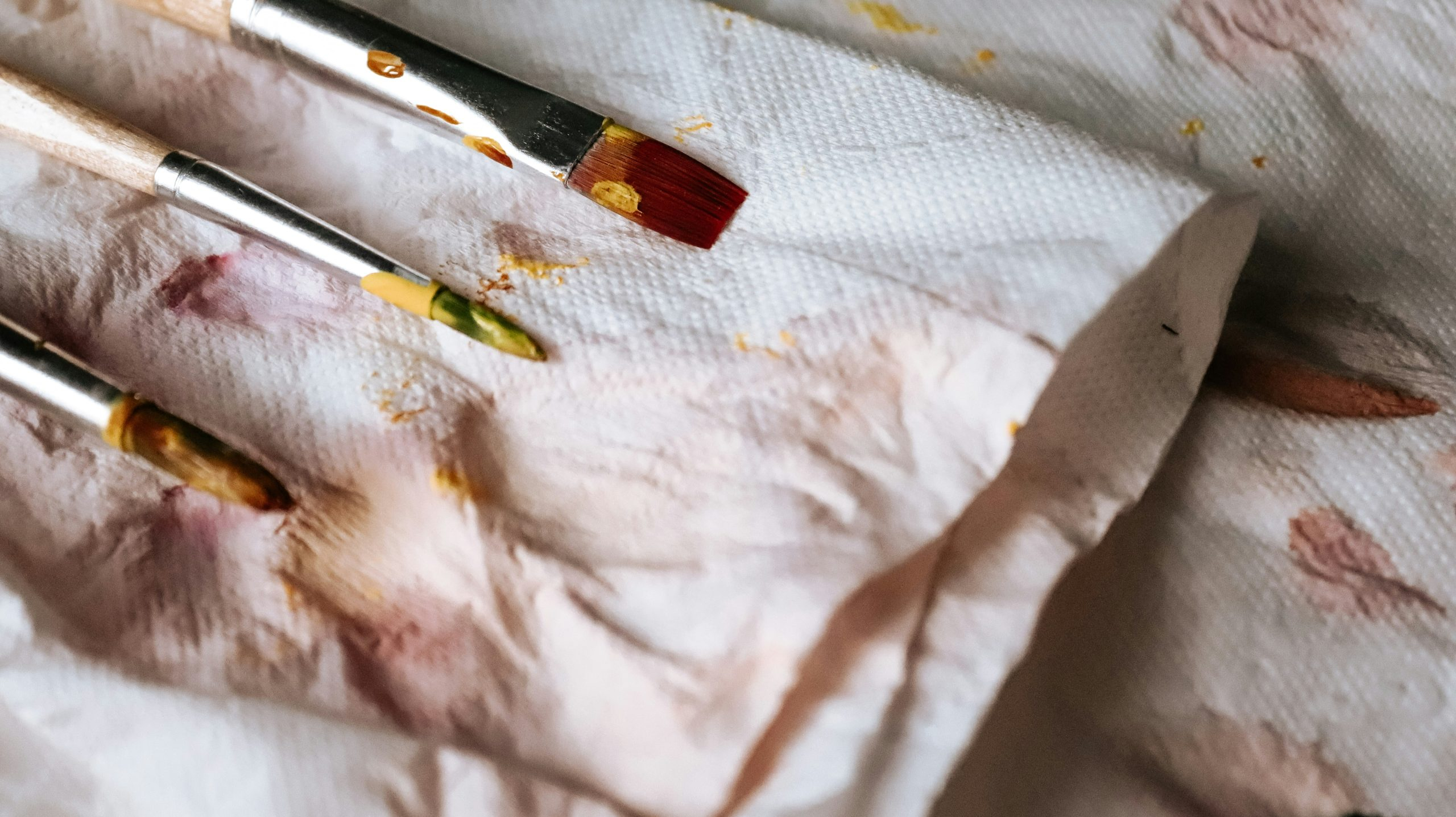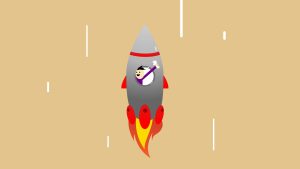The Surprising Impact of Arts and Humanities on Critical Thinking
When people think of critical thinking, they often associate it with logic, reasoning, and other analytical skills. However, there is a lesser-known but incredibly valuable aspect that plays a significant role in developing critical thinking skills – the arts and humanities.
The Power of Art and Creativity
While arts and humanities may not seem directly related to critical thinking, they play a crucial role in cultivating creativity and imagination, which are essential components of critical thinking. Artistic expression encourages individuals to think outside the box and explore different perspectives. It allows us to challenge the status quo and come up with innovative solutions to complex problems.
For example, when solving a problem, an artist may approach it from a unique angle and use their creativity to find a solution that others may have overlooked. This type of thinking is crucial not only in the art world but also in other aspects of life, including business, education, and everyday problem-solving.
Humanities and Critical Thinking
In addition to the arts, the humanities also have a significant impact on critical thinking. Humanities subjects, such as literature, philosophy, and history, focus on analyzing and interpreting information, which is a fundamental aspect of critical thinking.
Studying literature, for instance, allows individuals to explore different perspectives, empathize with characters from different backgrounds, and understand the complexities of human behavior. This type of critical analysis and understanding is invaluable in developing critical thinking skills.
Similarly, philosophy challenges us to think critically about fundamental questions and concepts. By examining various ethical, moral, and political issues, students of philosophy learn to analyze and question beliefs and ideas, rather than simply accepting them as true.
History, another essential humanities subject, not only allows us to learn about past events but also analyze them critically. We can examine various sources, look at different viewpoints, and draw our conclusions based on evidence and critical thinking skills.
The Role of Arts and Humanities in Education
In recent years, there has been a push towards STEM (science, technology, engineering, and math) subjects in education, with the arts and humanities often taking a backseat. However, research has shown that integrating these subjects into the curriculum can greatly benefit students’ critical thinking skills.
By studying the arts and humanities, students learn how to think critically, analyze information, and make connections between different ideas and concepts. They develop an appreciation for diversity, creativity, and independent thinking, all of which are crucial for success in the modern world.
Furthermore, incorporating the arts and humanities into education can also improve students’ performance in other subjects. For example, studies have shown that students who participate in music and art classes tend to have better academic achievement and critical thinking skills in math and science.
The Surprising Impact of Arts and Humanities on Critical Thinking
The correlation between arts and humanities and critical thinking has been proven time and time again. However, it is still often overlooked in both education and society as a whole. We cannot deny the importance of STEM subjects, but we must also recognize the value of the arts and humanities in developing critical thinking skills.
As the world becomes more complex and interconnected, the ability to think critically and approach problems with creativity and open-mindedness will become increasingly vital. The arts and humanities provide us with the tools to do just that, making them essential for the development of well-rounded individuals and a successful society.
In Conclusion
The arts and humanities may not be the first subjects that come to mind when thinking about critical thinking. However, their surprising impact on developing this skill cannot be denied. From fostering creativity and imagination to promoting critical analysis and understanding, the arts and humanities play a crucial role in shaping individuals’ ability to think critically. So, let us not overlook their importance and continue to advocate for their integration into education and society as a whole.











